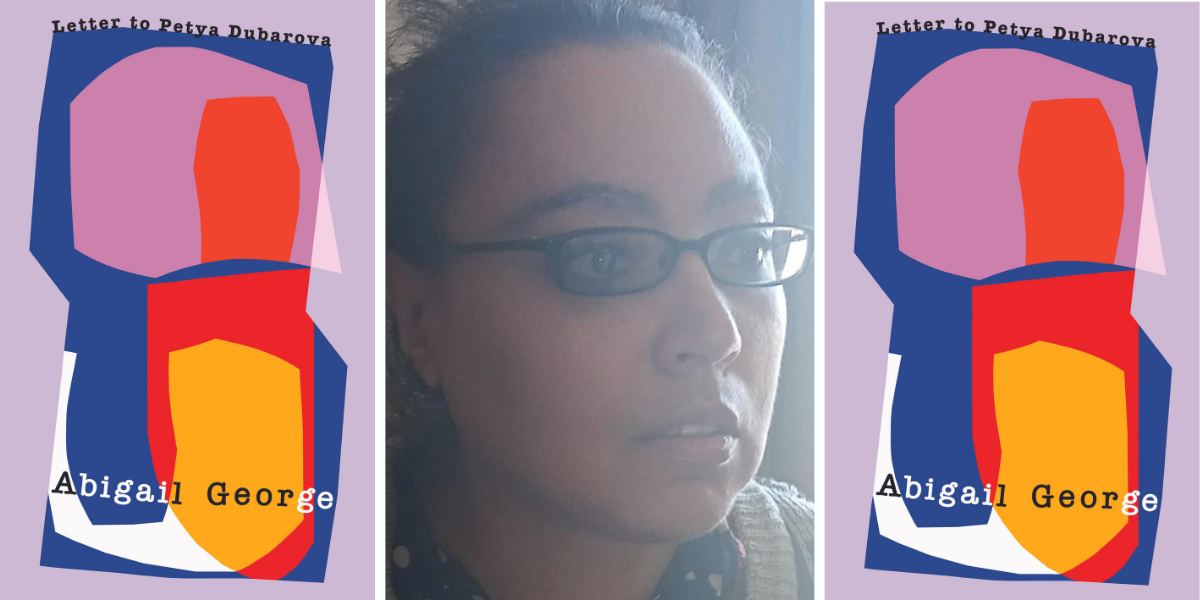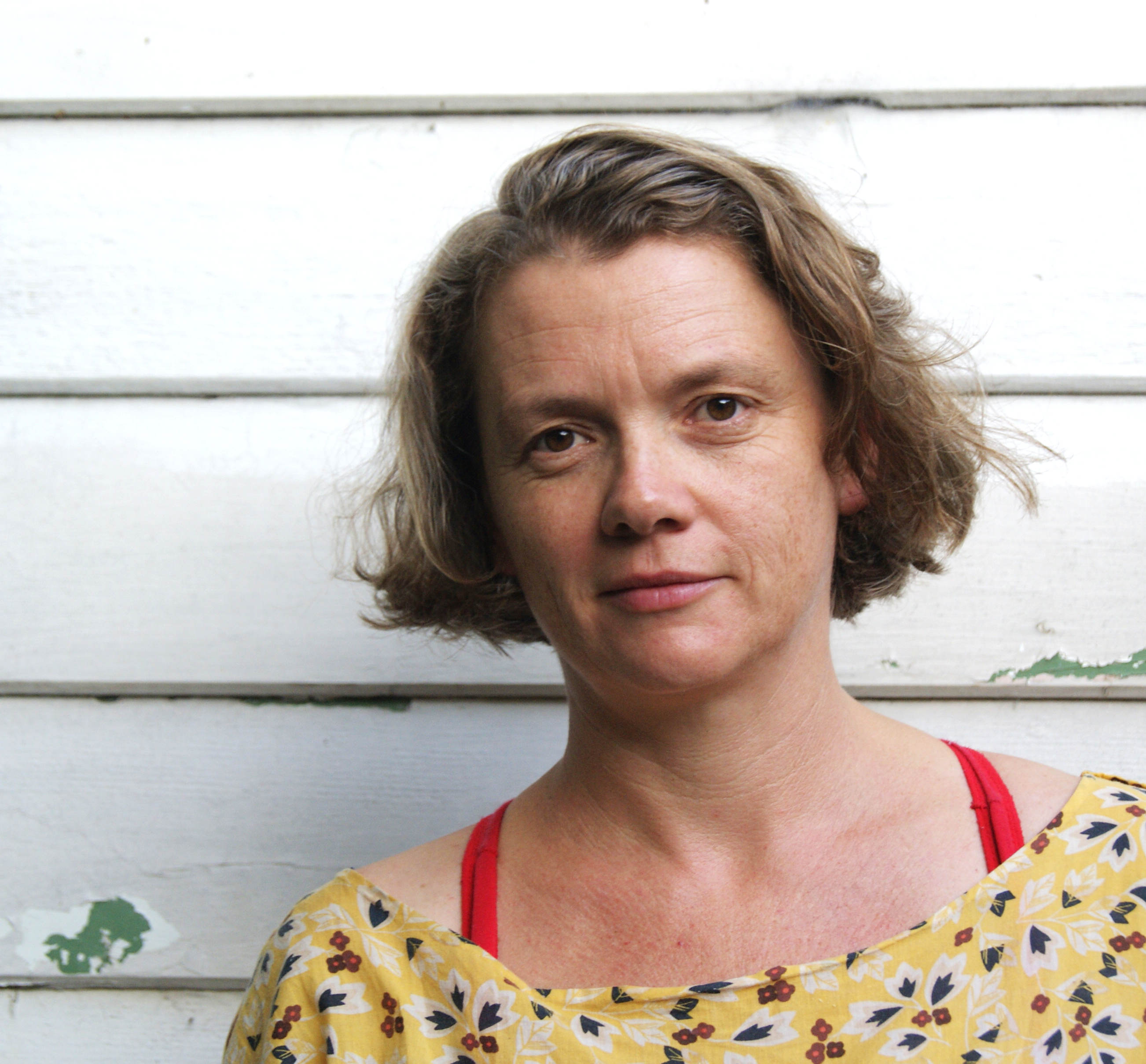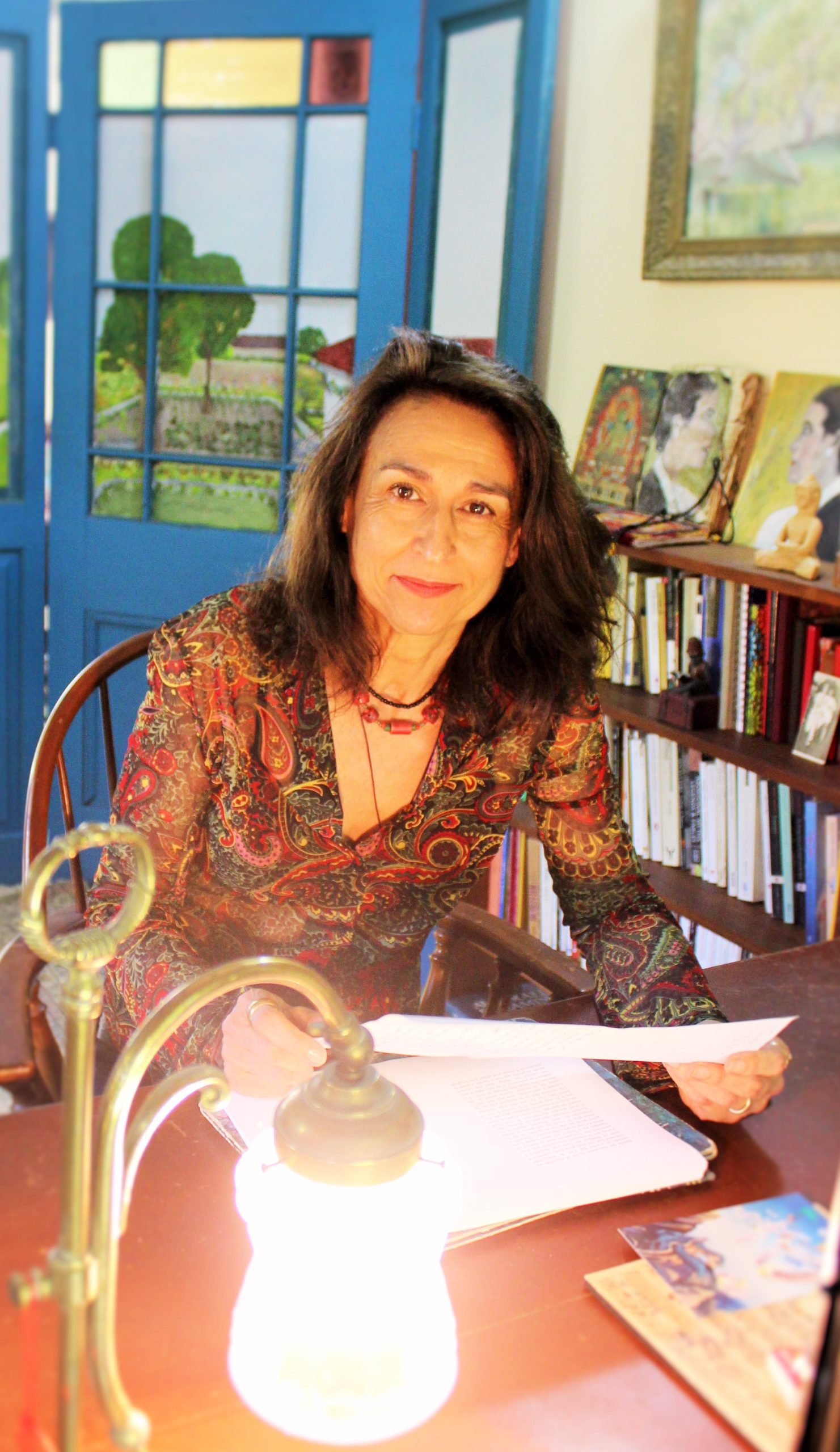1. How would you describe Letter to Petya Dubarova?
There is loss and elation in this book. Loss is always a serious undertaking. The undertow is grief. There is a poetic force, a reckoning, the narrative speaks with a calling and purpose.
The female voices that inhabit the book are marginalised and are inhabited by emotional pain and poetic prose. A kind of tumult and emotional pain. They are also insecure and filled with self-doubt. This comes from experience, from sadness, from relationships that never ended happily.
2. What drew you to write this book?
I wasn’t tired yet of writing about the failure of a relationship. Everybody wants to be nurtured and loved in a relationship and most of all I wanted my characters to experiment with that kind of ideal. To explore more. Conflict, the art of seduction, the battlefield of the mind, reconciliation between family members, the anxiety of the psychological framework of the mind.
I had the idea at the back of my mind to write to Petya Dubarova. I wanted to make sense of why I was still here, in spite of all the suffering and malevolence in this world. Why I hadn’t given up on writing and why she had. I don’t know if I have answered that in a statement in the book or if the letter, the entire book is more self-explanatory than anything else.
I wanted Petya to exhibit a kind of physical strength and superpower in death, like Plath and Sexton. I think she does. Maybe it is more aspect than abstract but I think it is a common feature and thread in this book. Her prowess as a writer and her poetic gifts to the world.
3. Tell us a bit about the experience of writing this book…
With the end of every brief relationship known to you comes the aftermath of grief. For me that has always been my experience. Suicide is uppermost in Petya’s mind. The death of relationships in my own life.
I had to confront my own fear and anxiety of living on my own. My own sadness and misgivings about never having had children. It is a decision I must live with for the rest of my life. Petya too will forever remain childless. Parallels can be drawn between our lives.
Perhaps our depression can be seen as a similar experience. I think Petya too had a kind of wisdom on her side. You have to be wise and accepting of the goals and objectives of a poet.
I wrote this book first as a poet and second as a novelist. I have been writing poetry for far longer.
4. Who is this book for?
Poets at heart. For all poets and storytellers. Women and men who have experienced loss, grief, the commonalities of both love and grief. There is so much denial sometimes, I think, of what we feel and what we think. Our response time quickens spontaneously when our actions speak louder than words, I feel.
I write for people who require their loved ones’ unconditional praise, loyalty, love, acceptance as a rule and not out of obligation. I also write for the interloper. The outsider, the addict, the abused, the hurt, the wounded and the morally bankrupt.
5. What do you hope readers will take from this book?
You have to work for personal happiness. To be a success at anything you have to be your own source of motivation sometimes. Self-belief is a factor in developing a strong character.
Good things don’t happen as a rule all the time to good people. This can be disheartening to realise.
You have to find courage within yourself and especially if you can’t find it within yourself, you have to dig deep.
Be kind. Be understanding. Most of all to yourself. Learn to forgive yourself when you make a mistake. Learn from it. That it happens. Life is never going to perfect. Life is what you make of it. We can be happy if we choose to be.
6. One thing you’ve learned the hard way when it comes to writing?
I think the hardest thing is self-discipline. Willing yourself to sit down and write each day for hours at a time. You have to believe in yourself when no one else does. Stamina must keep you going when nothing else does. Will. Faith.
Little by little you make progress and inroads into a manuscript. The text and conceptualisation may be challenging and difficult. The mapping of it most difficult but it has its own rewards.
7. Where do you write?
In my bedroom. Sometimes at the kitchen table. The dining room table. A study I have. I make notes everywhere. In every room of the house. Usually I am surrounded by my books. My literary loves.
Letter to Petya Dubarova will be available in bookstores across Australia and New Zealand from August 2022 or pre-order now via our online store.





